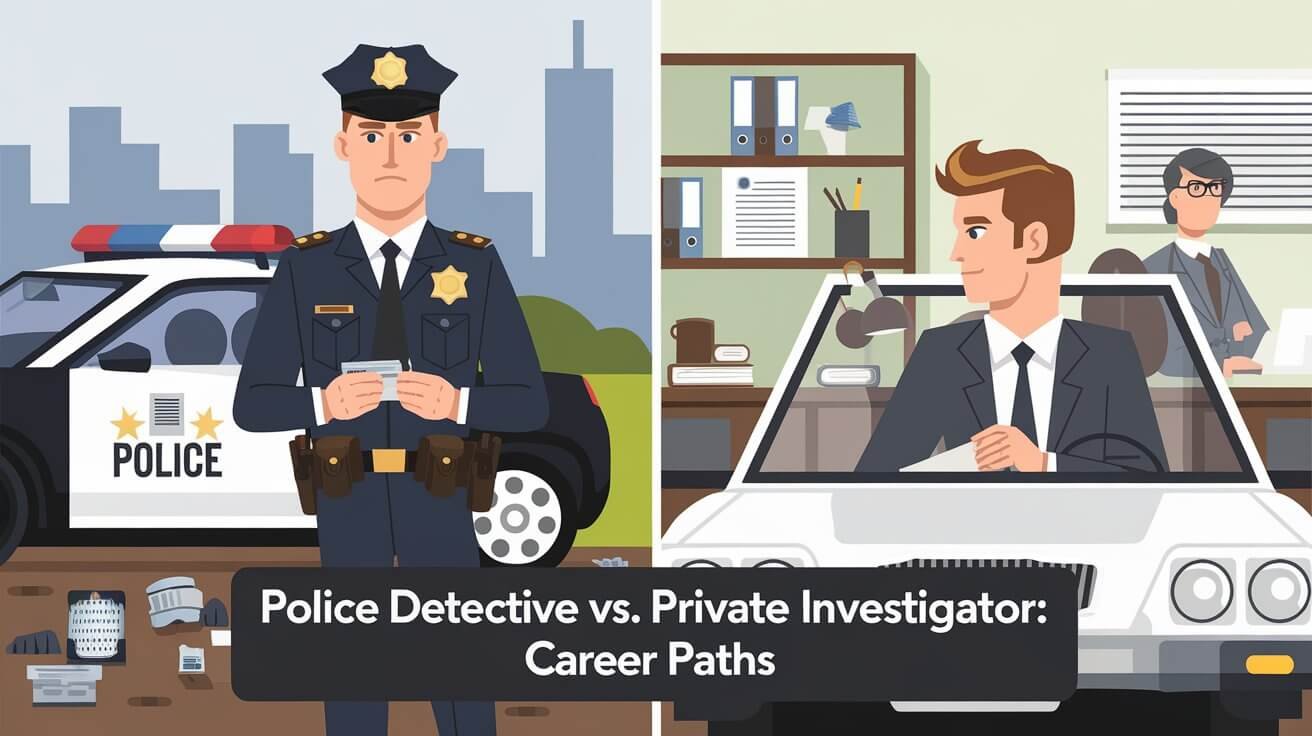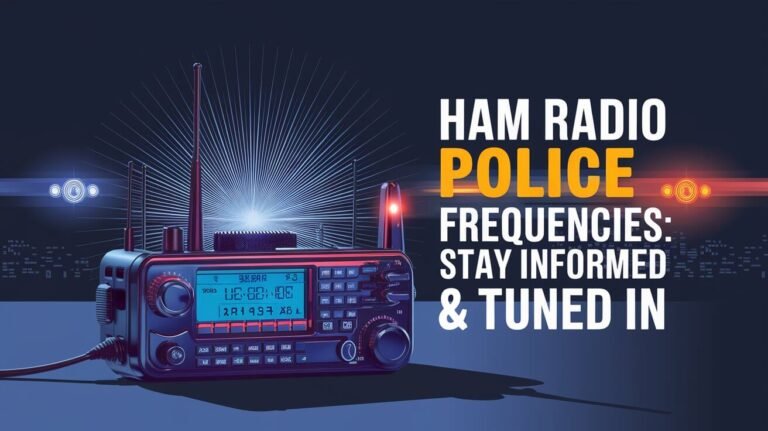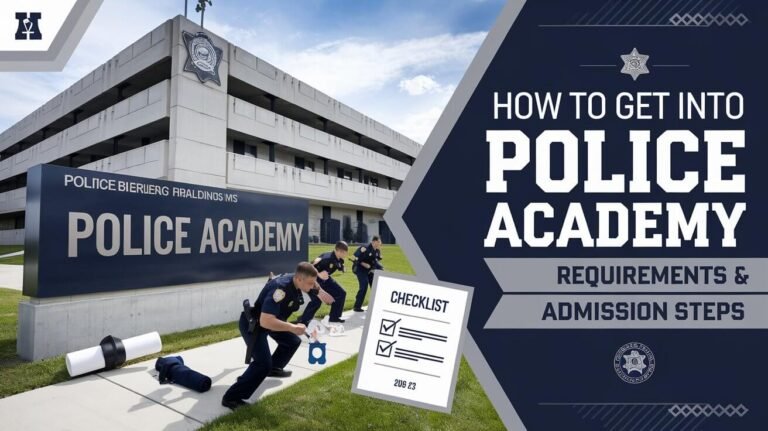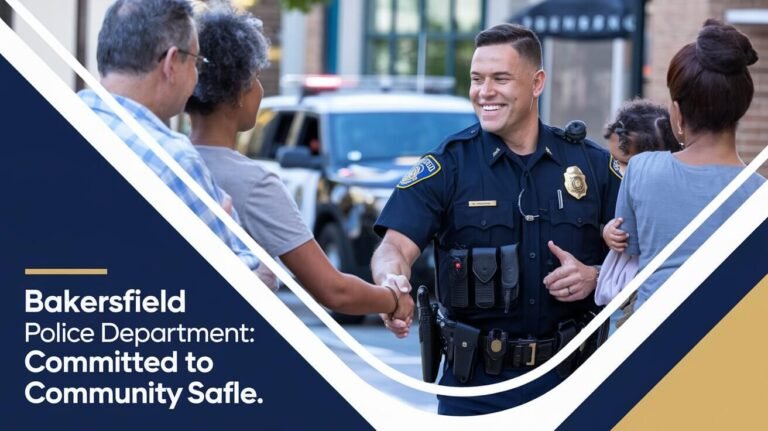Police Detective Vs Private Investigator: Career Paths

In the world of investigations, there’s a clear difference between police detectives and private investigators. Both are key in finding the truth. But, their work and legal powers differ a lot.
Police detectives work for law enforcement, focusing on serious crimes. They have the justice system’s help, giving them access to special labs and experts. Private investigators, however, work for private clients. They handle many cases, from missing people to fraud.
To become a police detective, you start as a police officer and move up. You need at least a high school diploma, sometimes a bachelor’s in criminal justice. Private investigators come from different places. Almost all states require a license, which means work experience and passing exams.
Police Detective Vs Private Investigator: Distinct Roles and Responsibilities
Police detectives and private investigators have key roles in investigations. They both gather evidence and find the truth. But, they work differently, with different powers and clients.
Criminal Case Authority and Access
Police detectives have the power to arrest and search. They deal with serious crimes like murder and robbery. Private investigators can’t arrest but focus on civil and personal cases.
Investigation Scope and Limitations
Detectives work on reported crimes. Private investigators help prove crimes exist. They use undercover operations, surveillance, and evidence gathering for clients.
Client Base and Service Focus
Police detectives protect the public and law. Private investigators serve clients, keeping secrets. They handle a variety of cases, unlike detectives.
Police detectives and private investigators work together. They share information to improve investigations. This teamwork is crucial for solving cases.
Legal Powers and Investigative Methods
Police detectives and private investigators work in different ways. Police have the power to arrest and seize evidence. They follow strict rules to protect everyone’s rights.
Private investigators, however, must stick to legal and ethical rules. They use methods like surveillance and background checks. They can’t arrest anyone but help in civil cases.
Both groups must collect evidence carefully. Police work can lead to criminal charges. Private investigators help in civil cases or give clients important info. Their methods show their different roles in investigations.
| Attribute | Police Detectives | Private Investigators |
|---|---|---|
| Legal Powers | Extensive legal powers, including arrest, interrogation, and evidence seizure | Limited legal powers, must adhere to strict legal and ethical boundaries |
| Investigative Methods | Utilize specialized techniques and resources, such as forensic analysis and crime scene investigation | Rely on surveillance, background checks, and open-source intelligence gathering |
| Evidence Admissibility | Findings can directly lead to criminal charges | Findings are primarily used in civil litigation or to provide clients with information |
| Legal Oversight | Strict legal protocols and oversight to protect individual rights | Less stringent oversight, operate under the authority of their clients |
Police detectives and private investigators have different roles. They use different methods and follow different rules. Their work is vital but reflects their unique places in investigations.
Professional Requirements and Career Pathways
Those who want to be police detectives or private investigators need to know about education and training. They also need to understand how to move up in their careers. It’s important to know the differences between these two paths.
Educational Background and Training
Police detectives need a high school diploma or a degree in criminal justice. They also have to finish police academy and work as patrol officers. This training is tough and prepares them for the job.
Private investigators might have a degree in criminal justice, but their backgrounds can vary. Many have worked in law enforcement, the military, or insurance before becoming investigators.
Licensing and Certification Requirements
Private investigators usually need a license. This license comes after they meet certain experience, training, and exam requirements. It makes sure they follow ethical rules and can do their job well.
Police detectives don’t need a special license. Their training and certification come from their work in the police department. They have the power to investigate because of their job.
Career Advancement Options
Police detectives can move up in their careers. They can become supervisors, lead specialized units, or even be police chiefs. This means they can handle bigger cases and take on more responsibility.
Private investigators can start their own agencies or focus on certain areas. They might work on corporate investigations, find missing people, or deal with insurance fraud. This path offers flexibility and the chance to become an expert in a specific field.
Types of Cases and Specializations
Police detectives deal with many serious crimes like murders, missing people, and violent acts. They might focus on certain areas like drugs or sex crimes. Private investigators (PIs) handle different cases based on what clients need, such as cheating spouses, child custody, insurance scams, business checks, and finding missing people.
PIs often pick a specialty to get better at their job. They might do background checks, watch people, look into money matters, or fight cybercrime. The work of detectives depends on crimes in their area. PIs work based on what their clients want.
| Police Detectives | Private Investigators |
|---|---|
| Homicide investigations Assault and robbery cases Abduction and missing persons Narcotics and organized crime Sex crimes and trafficking | Infidelity and child custody Insurance fraud and corporate investigations Missing persons and skip tracing Background checks and asset searches Surveillance and electronic investigations |
Detectives solve crimes reported to the police. Private investigators are hired by people, companies, and groups for various needs. This lets PIs focus on what they’re good at and what clients need, offering custom services.
“Private investigators play a crucial role in uncovering the truth, whether it’s exposing corporate fraud or tracking down a missing person. Their specialized skills complement the work of police detectives in protecting the public and delivering justice.”
Resources and Investigative Tools
Police detectives and private investigators use many tools to help their work. Police have access to things like forensic labs and crime scene units. Private investigators often use their own tools or get them from clients.
Private investigators use surveillance equipment like binoculars and GPS trackers. These tools help them watch people and places without being seen. They learn a lot about what people do and where they go.
| Investigative Tool | Description | Utilization |
|---|---|---|
| Binoculars | Crucial gear for observing subjects from a distance during stakeouts | Widely used by private investigators for surveillance purposes |
| Digital Devices | Specialized hardware and software to track information on computers, laptops, and cell phones | Vital for private investigators to gather digital evidence and monitor electronic activities |
| GPS Devices and Trackers | Used to monitor the movement of individuals, vehicles, and other objects | Provide valuable insights into behavior patterns and movement of subjects under investigation |
| Covert Cameras | Discreet visual recording devices to capture details that may not be easily accessible | Employed by private investigators to gather evidence and document activities |
Both private investigators and police detectives use tools like notebooks and pens. They also work together, sharing knowledge and databases. This helps them do better forensic analysis and investigations.
Working together is key for private investigators and police. They face challenges like not understanding each other and different rules. Training helps them learn from each other and do better investigations together.
Industry Outlook and Job Prospects
The job outlook for police officers and detectives, as well as private detectives and investigators, is bright. The U.S. Bureau of Labor Statistics predicts a 5% increase in police officer and detective jobs from 2019 to 2029. Meanwhile, private detective and investigator jobs are expected to grow by 6% during the same period.
Several factors contribute to this positive trend. Public safety concerns and corporate security needs are driving the demand. Also, new investigative techniques and technology, like surveillance equipment and data analysis tools, are playing a role. This means there will be 40,600 new police officer/detective jobs and 3,000 new private investigator jobs in the coming years.
Those interested in these careers can look forward to many opportunities. There are various specializations, competitive salaries, and chances for advancement. Most private investigators have an associate’s or bachelor’s degree in criminal justice. This makes a career in this field accessible and rewarding for those who want to make a difference.
Quick Answers
What is the key difference between police detectives and private investigators?
Police detectives work for law enforcement and deal with serious crimes. Private investigators are hired by people and companies for various cases.
What are the legal authorities and resources available to police detectives and private investigators?
Police detectives can arrest people and search places legally. They focus on serious crimes. Private investigators can’t make arrests but handle many cases, using surveillance and interviews.
How do the investigative methods and client relationships differ between the two professions?
Police detectives follow strict laws to protect people’s rights. Private investigators must also follow rules but work for private clients. They keep client information secret.
What are the educational and training requirements for police detectives and private investigators?
Police detectives need a high school diploma or a degree in criminal justice. They also go through police academy and gain experience. Private investigators might have a degree but often need a license.
What types of cases do police detectives and private investigators typically handle?
Police detectives work on serious crimes like murders and robberies. Private investigators handle cases like cheating spouses and missing persons.
What resources and tools are available to police detectives and private investigators?
Police detectives have access to many resources like forensic labs. Private investigators use their own tools or what clients provide, like surveillance gear.
What is the job outlook and growth potential for police detectives and private investigators?
The job market is growing for both police and private investigators. This is due to concerns about safety, corporate needs, and new investigative tools.






